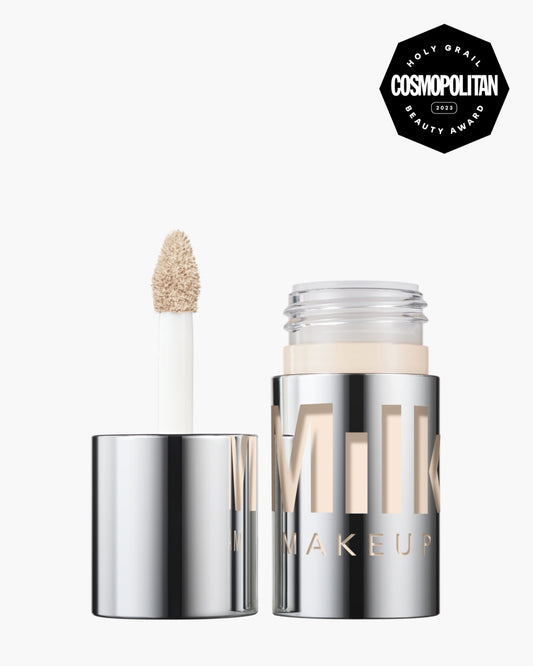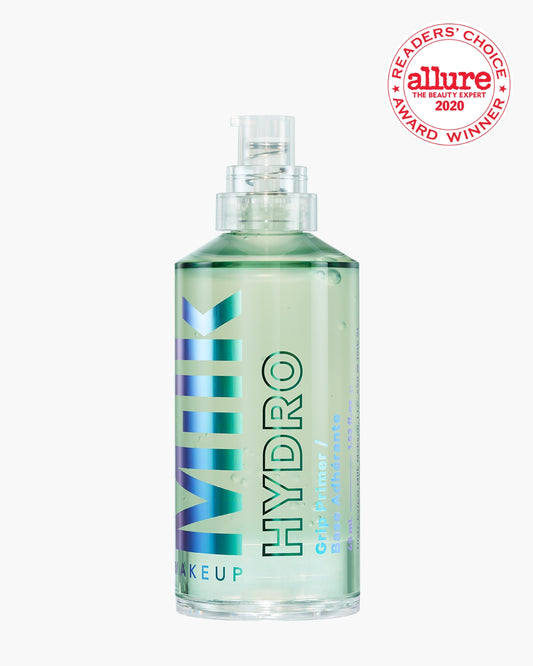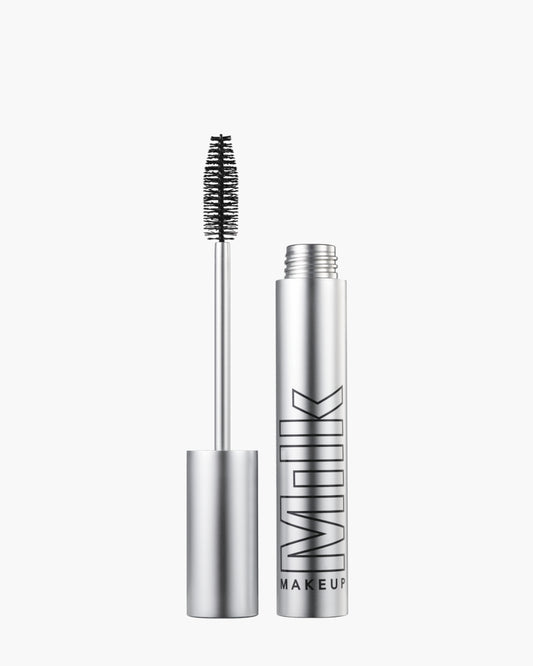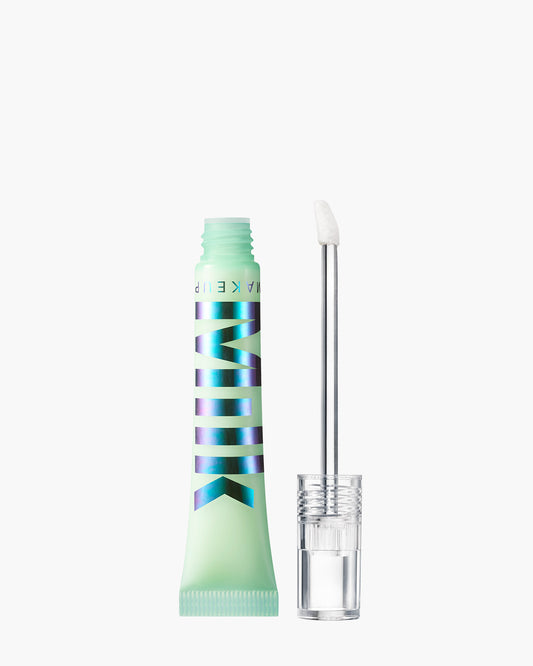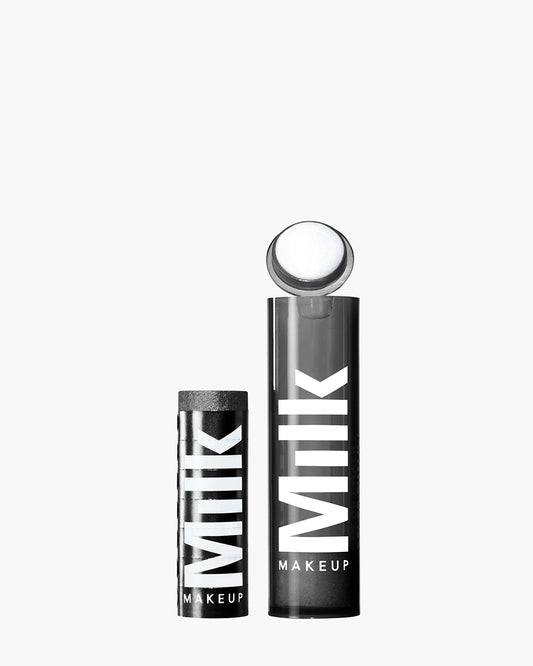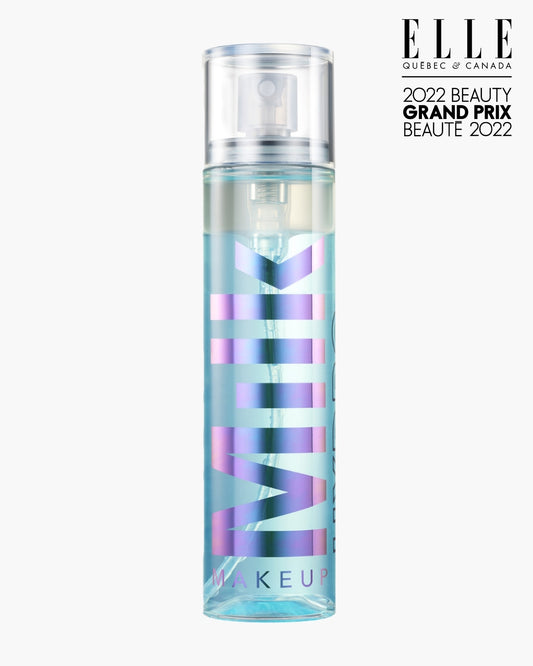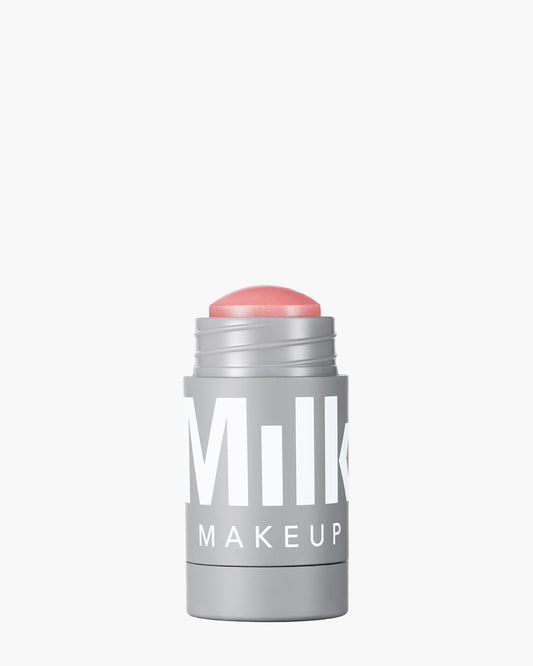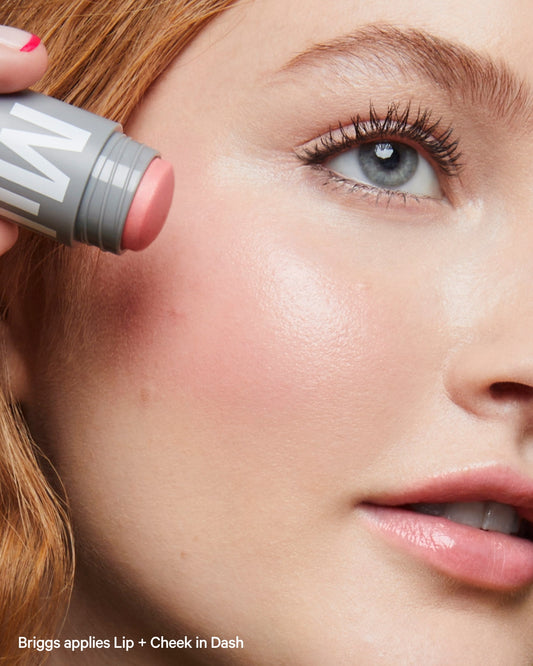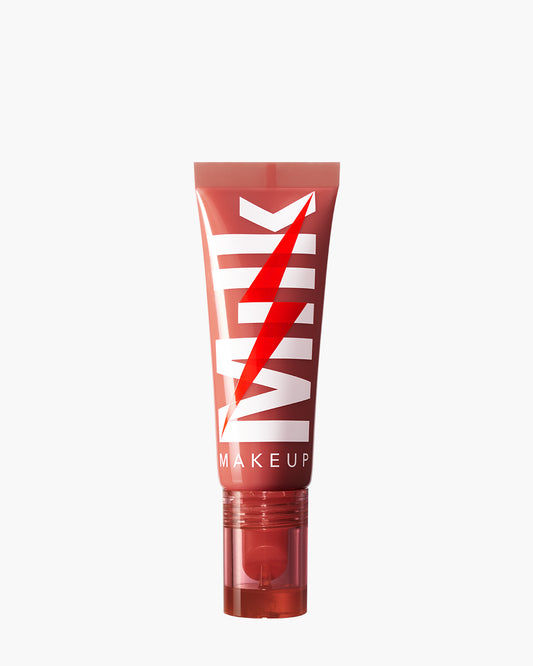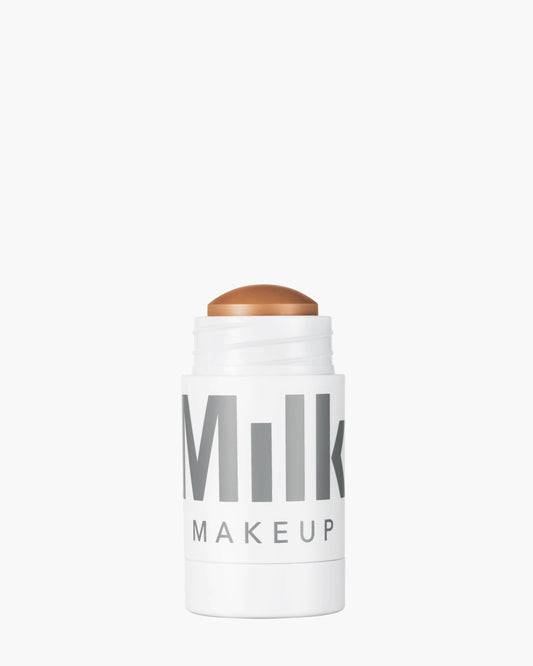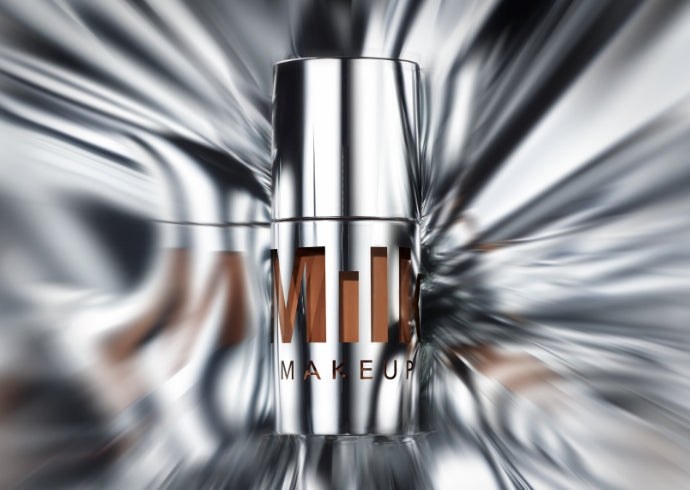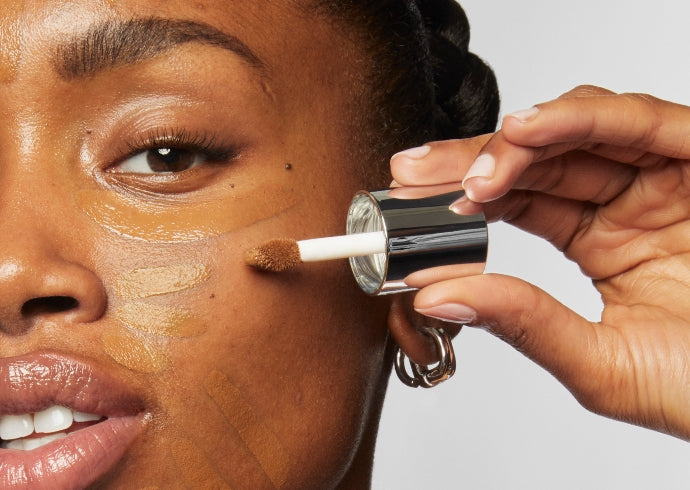Your skin barrier is a buzzword these days, and for good reason: It’s kind of a big deal. That’s because almost everything that happens on your skin ties back to your barrier, whether you’re dealing with stubborn dryness or a surprise breakout. You can also think of it as a great equalizer: Whatever skin type you have, a damaged barrier can immediately set you back.
So what exactly wrecks a healthy skin barrier? There’s a surprisingly long list of things to look out for, from cleansing habits to your choice of exfoliant. With that in mind, here’s everything you need to know about taking care of your barrier function for healthy, strong skin.
What Does My Skin Barrier Do?
Your skin barrier, officially known as your stratum corneum, is a lipid layer that acts like a shield. You can think of it as a brick wall, primarily made up of dead skin cells (these act as bricks) enmeshed in lipids like ceramides (which act as your connective mortar). Together, they create a waterproof, microbe-proof, pretty-much-everything-proof seal: your first line of defense against the world.
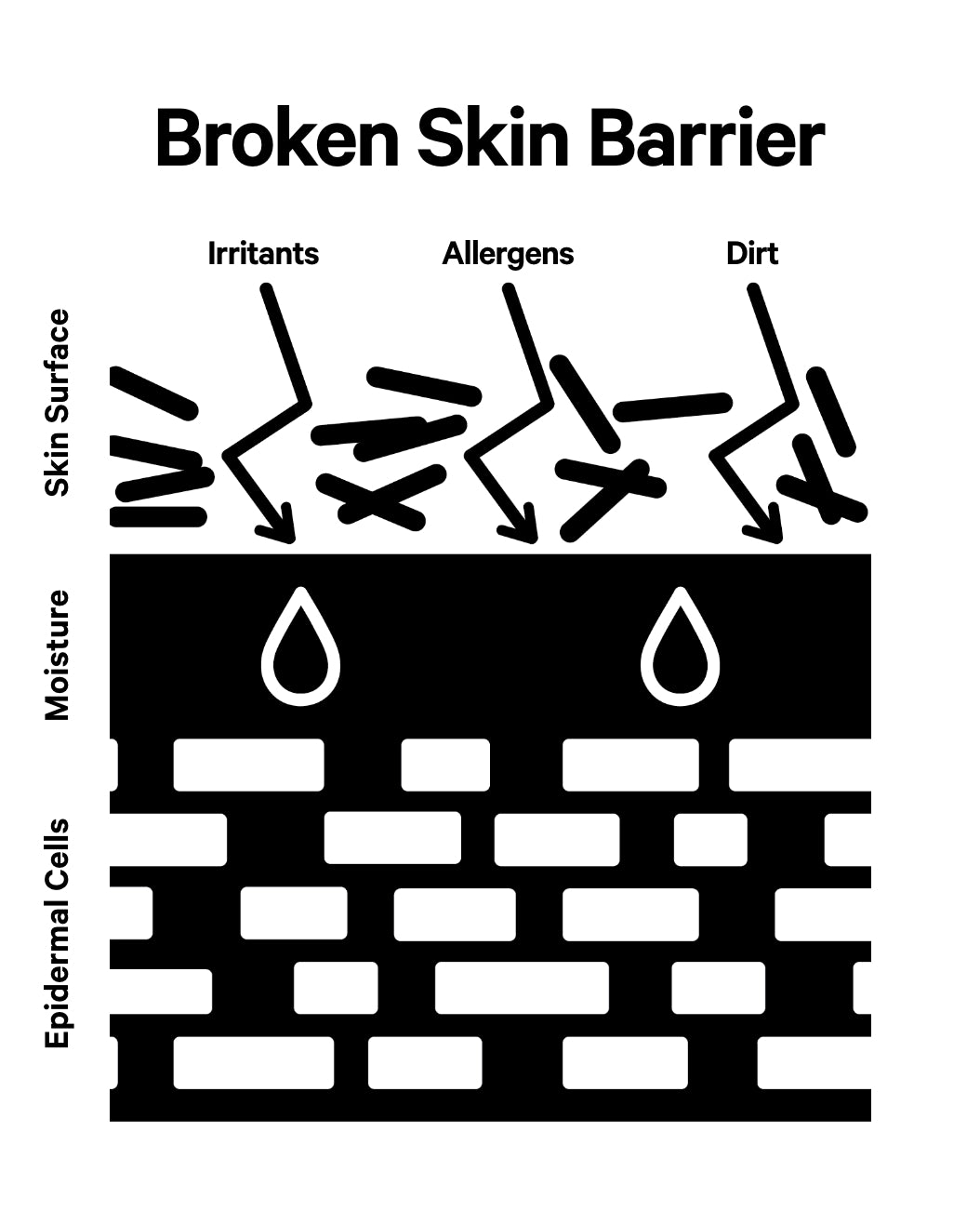 |
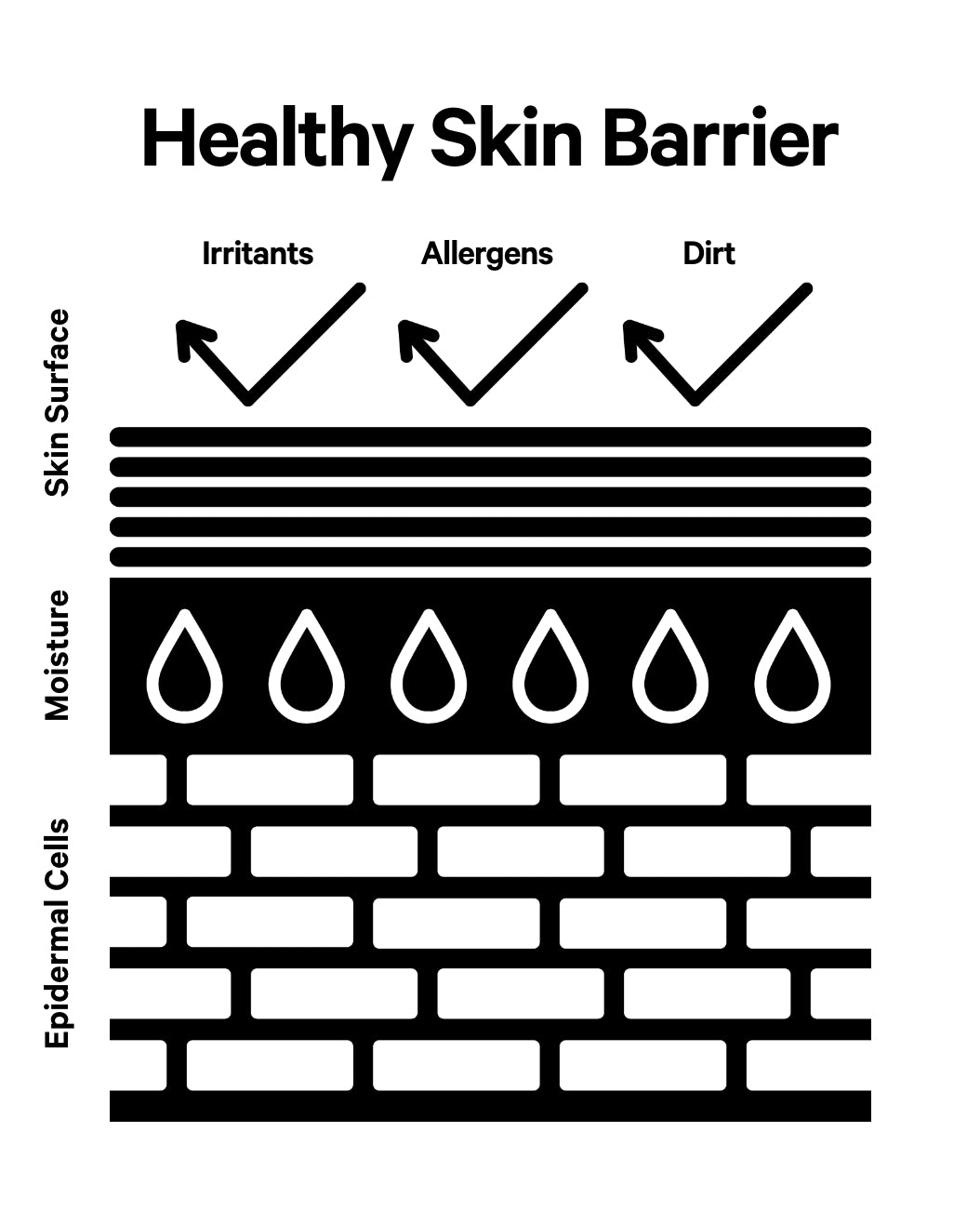 |
“Your skin’s barrier function is essential for preserving moisture in your body and protecting you,” says dermatologist Hadley King, MD. “It protects you from mechanical injury, low humidity, cold, heat, sun, wind, and chemical exposure—and bacteria, viruses, fungi, and other pathogens.”
Your barrier is also essential for maintaining moisture levels within your skin, regulating immune function, and triggering your cellular repair cycle. Simply put, “a healthy skin barrier is critical to normal skin function,” says Dr. King.
What Causes a Damaged Skin Barrier?
The bad news: Your skin barrier isn’t invincible. Cleansing agents like sulfates can strip away natural oils, disrupting your barrier and increasing transepidermal water loss (aka TEWL), resulting in dehydrated skin.
“Products that are overly acidic can also be problematic,” says Dr. King. “They can strip natural oils, which temporarily disrupts the lipid barrier.” Those include alpha hydroxy acids (such as glycolic and lactic acids), beta hydroxy acids, and retinoids. “If not used properly, they can weaken the skin's natural defenses to bacterial infection and environmental damage,” she says.
Even products with antimicrobial properties—like hand sanitizer and some acne-fighting ingredients—can cause damage by throwing off bacteria levels in your microbiome.
If your skin is red, dry, irritated, sensitive, or otherwise easily irritated, you might have a problem on your hands. “These can all be signs of a damaged skin barrier,” says Dr. King. When your barrier has been compromised, irritants and allergens can get in more easily, while moisture gets a faster exit route.
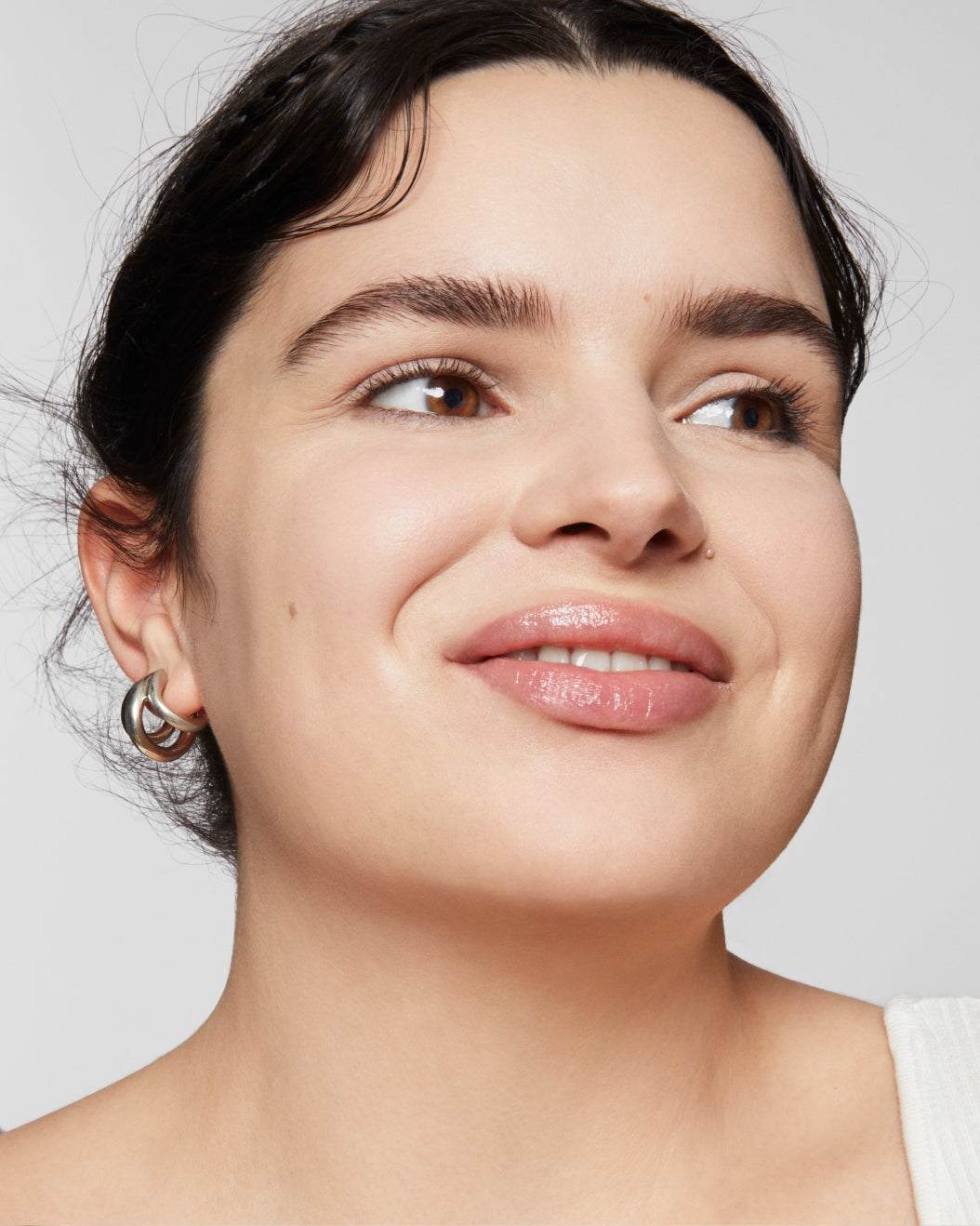 |
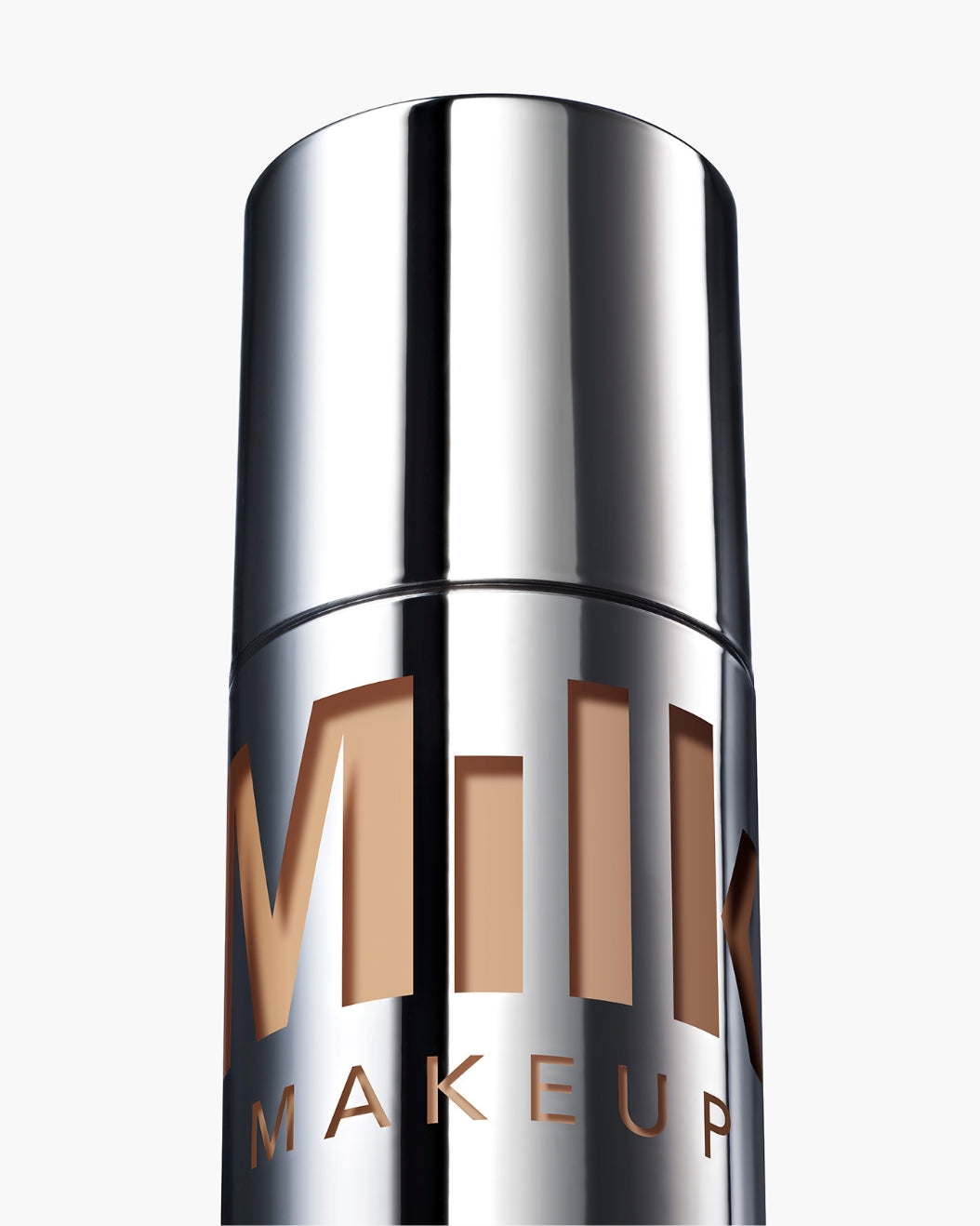 |
How to Repair Your Skin Barrier
If your barrier seems damaged, start by using a dedicated skin barrier cream, which should contain a blend of humectants and lipids to hydrate and re-seal your protective layer. Humectants to look out for include glycerin and hyaluronic acid, while lipids come in the form of ingredients like ceramides and fatty acids. You can also try ingredients that kick-start your skin to make its own lipids, like niacinamide. “Epidermal lipid synthesis can be stimulated by topical niacinamide and L-lactic acid,” says Dr. King.
Next, focus on soothing formulas. Dr. King recommends any ingredients that help alleviate skin irritation and inflammation. “Products that support healthy and diverse skin microbiota are also beneficial to your skin barrier,” she says. Those don’t have to be exclusive to your serums and moisturizers, though. You can also find these ingredients in makeup, like our new Future Fluid All Over Cream Concealer. Not only is it infused with 1% hyaluronic acid, but it also contains Defensil® (1%) and Revivyl™(0.5%), which work in tandem to restore and protect your barrier function. We also made it with aloe vera and arnica, two botanicals that help keep stressed skin calm.
As for what to avoid, hit pause on acids and retinoids until your skin gets back into balance. “Avoiding irritants that disrupt the skin barrier is important,” says Dr. King. (You could also swap your retinoids out for a gentler alternative, like bakuchiol.) Removing makeup with a gentle cleansing balm instead of products with harsh surfactants (like sulfates) also helps.
Once you’ve begun your skin-barrier repair journey, “improvement may be seen in as soon as two to three days,” says Dr. King. And if your skin barrier’s laundry list of responsibilities is any indication, it’s worth starting immediately.
Meet the Expert
Hadley King, M.D. (she/her) is a board-certified dermatologist who specializes in medical and cosmetic dermatology. She is also a Clinical Instructor of Dermatology at the Weill Medical College of Cornell University. Dr. King graduated magna cum laude from Harvard College with a degree in biochemistry. She received her MD from Columbia University. She trained in medicine at Greenwich Hospital, affiliated with the Yale University School of Medicine, and completed her dermatology residency at the Weill Medical College of Cornell University.
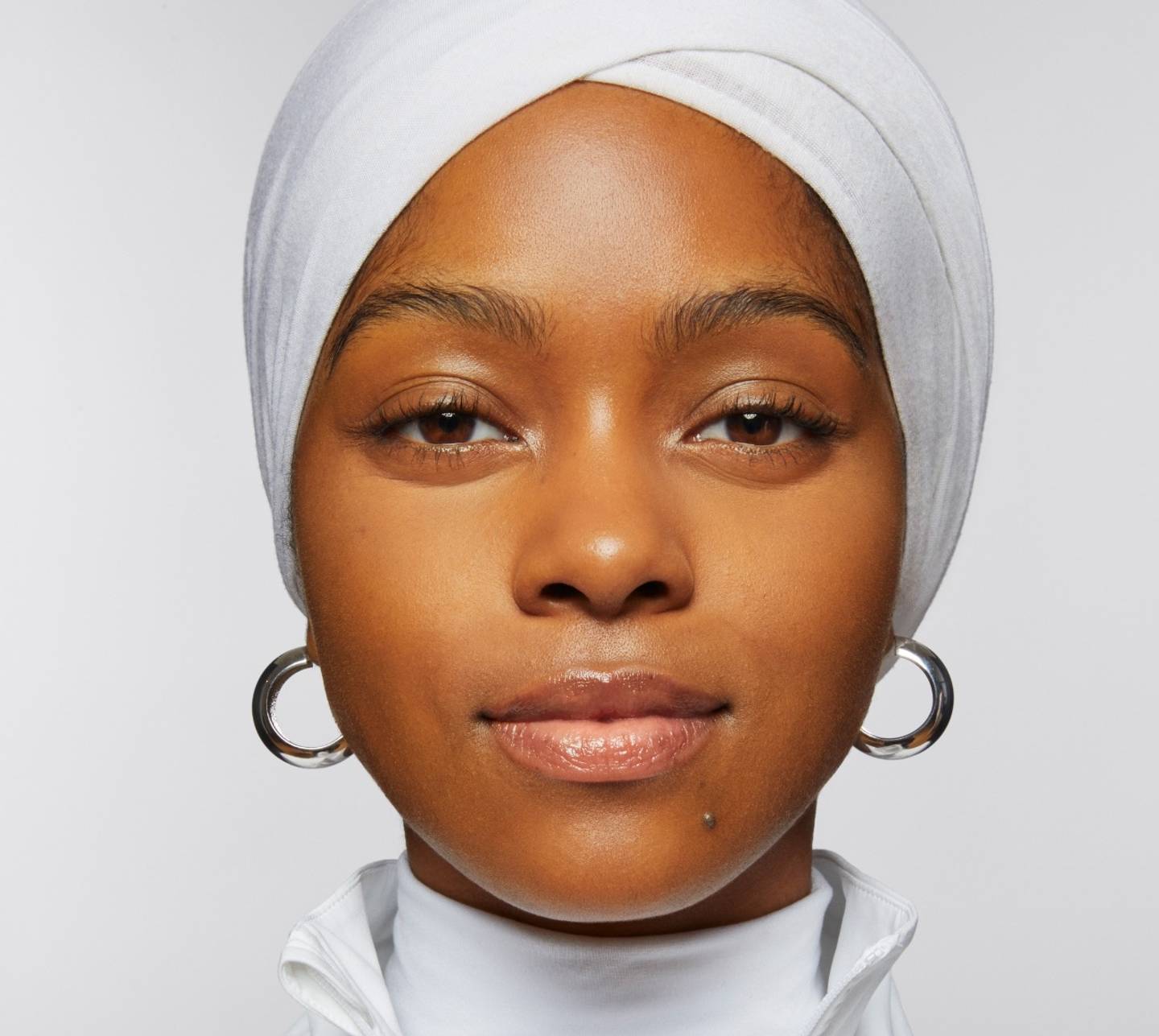
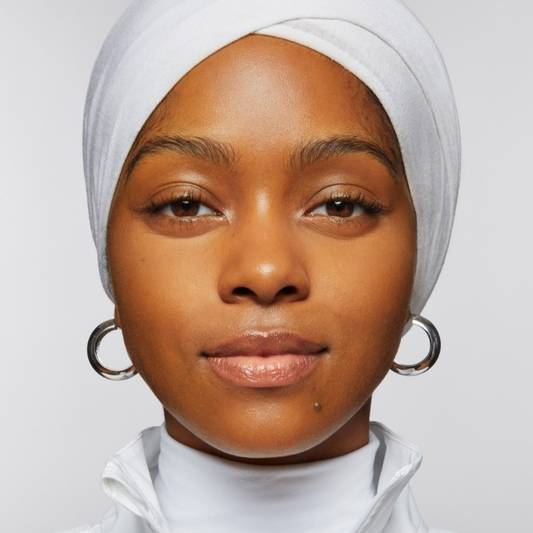
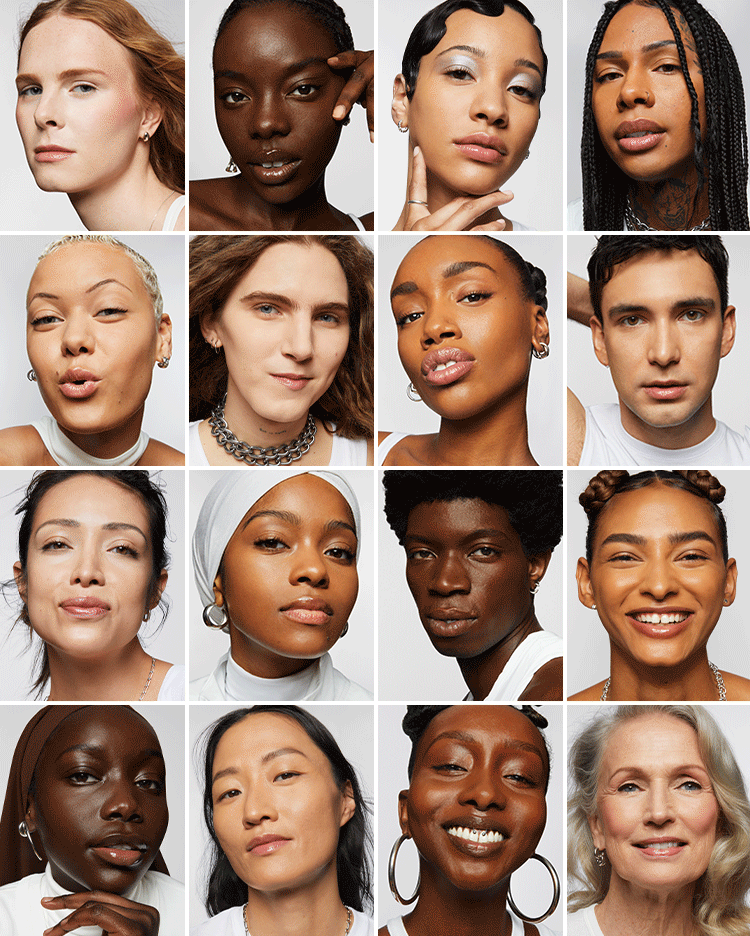
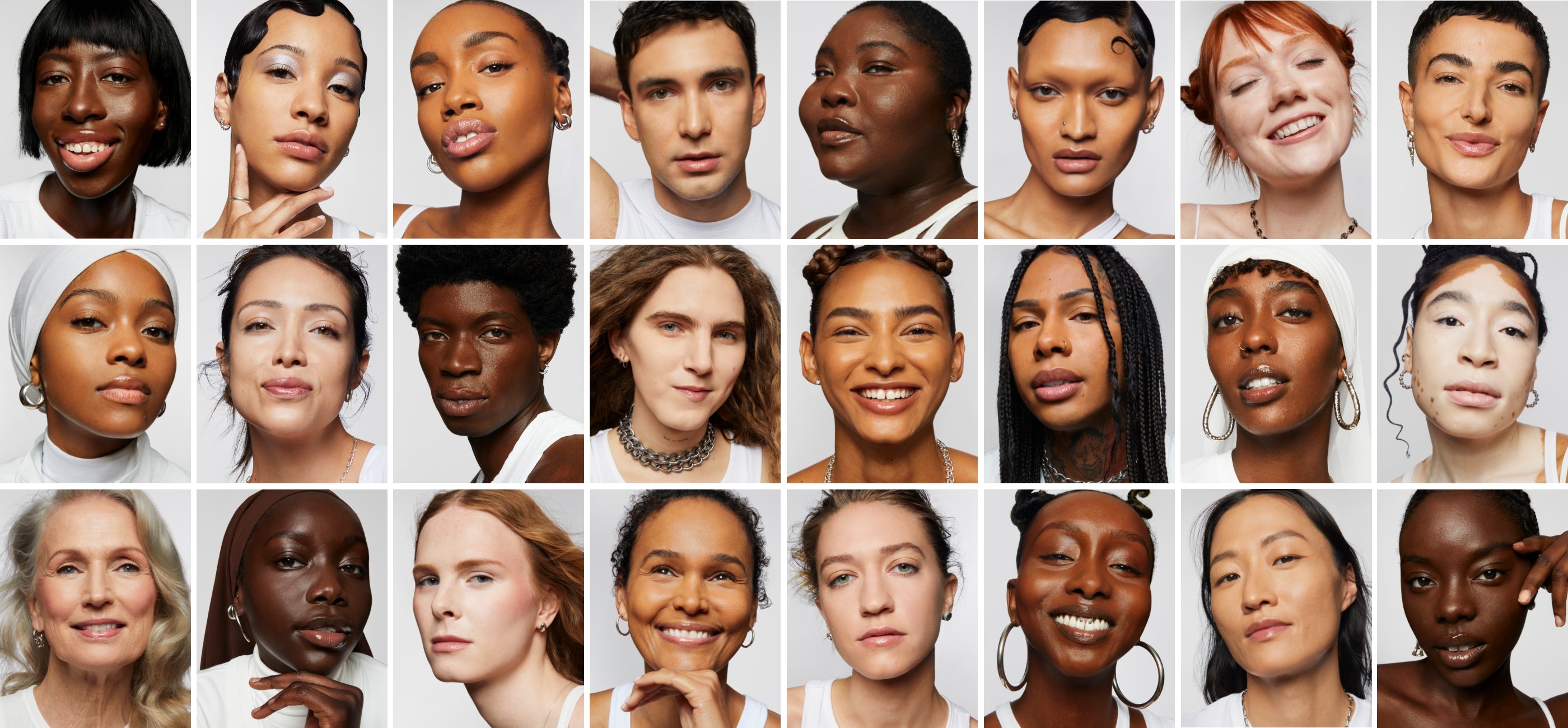
 "
"
